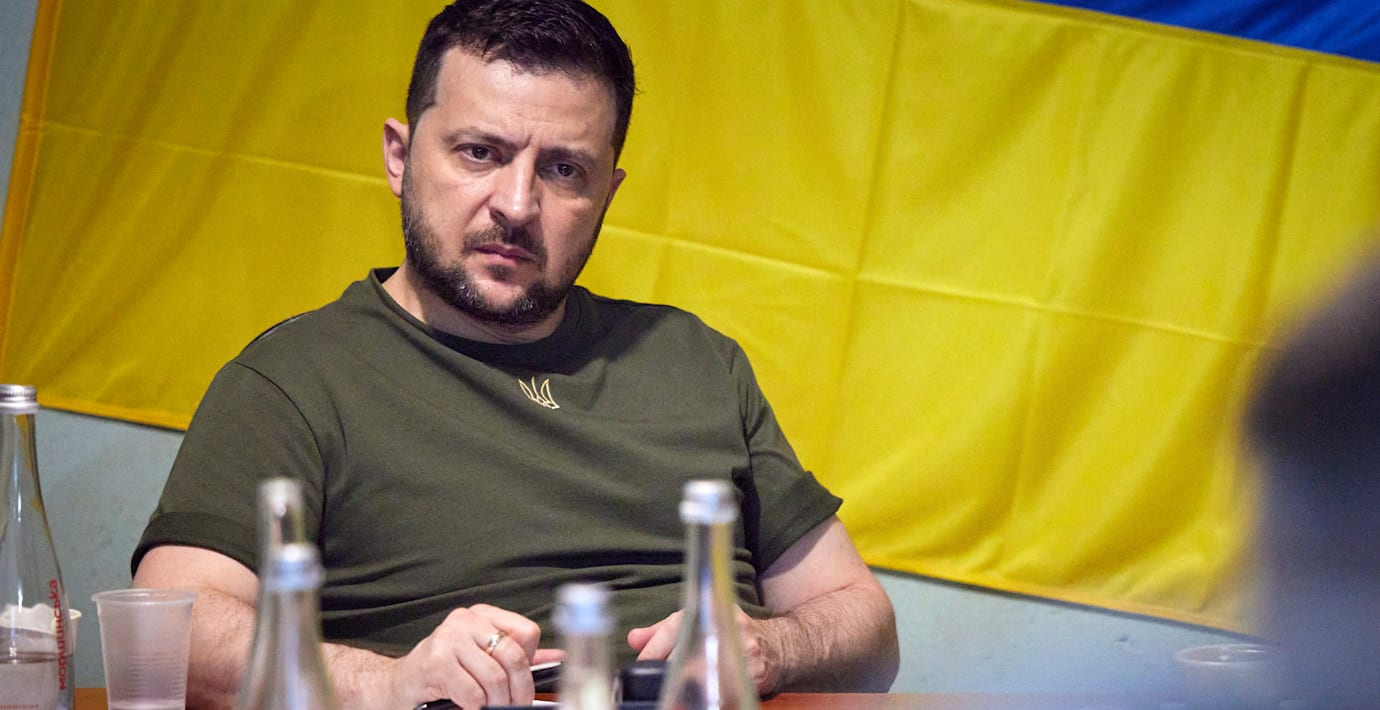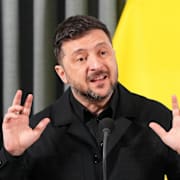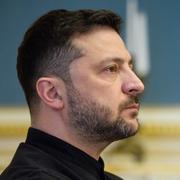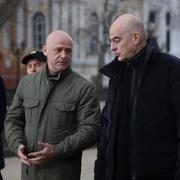
Kyiv utreder möjlighet att byta namn på Ryssland: ”En attack mot Putin”
Ukrainas president Volodymyr Zelenskyj vill se över möjligheten att döpa om Ryssland till ”Moskovija” på ukrainska, rapporterar den oberoende ryska tidningen Novaja Gazeta Europa.
”Moskovija” är det namn som ibland användes för Ryssland innan Peter den store moderniserade landet. Förslaget kommer ursprungligen från ett upprop på nätet, där 25 000 personer vill se ett namnbyte.
Kristian Gerner, professor emeritus i historia vid Lunds universitet, säger till norska VG att ett namnbyte vore ett sätt att förödmjuka Putin och utmana Rysslands legitimitet.
– Zelenskyj vill ha ett språk där Ukraina ses som det ursprungliga, civiliserade Ryssland, och att Putins Moskvastat är något helt annat. Det är en attack mot Putin.
bakgrund
Moskvariket
Wikipedia (en)
The Grand Duchy of Moscow (Russian: Великое княжество Московское, romanized: Velikoye knyazhestvo Moskovskoye), or simply Muscovy (from the Latin Moscovia), was a Rus' principality of the Late Middle Ages centered on Moscow, and the predecessor state of the Tsardom of Russia in the early modern period. It was ruled by a branch of the Rurik dynasty, which had reigned in Kievan Rus' since its foundation.
The state originated in 1263, when the prince of Vladimir-Suzdal Alexander Nevsky created the Grand Principality of Moscow as an appanage for his son Daniel I. Initially, Muscovy was a vassal state to the Golden Horde, paying the khans homage, tribute and troops to fight in their wars. Moscow eclipsed and eventually absorbed its parent duchy of Vladimir-Suzdal by the 1320s, and later annexed several neighbors including the Novgorod Republic in 1478 and the Principality of Tver in 1485. It remained a vassal state of the Golden Horde until 1480 following the Great Stand on the Ugra River, though there were frequent uprisings and several successful military campaigns against the Mongols, such as an uprising led by Dmitri Donskoy against the ruler of the Golden Horde, Mamai, in the Battle of Kulikovo in 1380.Ivan III further consolidated the state during his 43-year reign, campaigning against his major remaining rival power, the Grand Duchy of Lithuania, and by 1503 he had tripled the territory of his realm. Ivan's successor Vasili III also enjoyed military success, gaining Smolensk from Lithuania in 1512 and pushing Muscovy's borders to the Dnieper. Vasili's son Ivan IV (later known as Ivan the Terrible) was crowned in 1547, assuming the title of tsar together with the proclamation of the Tsardom of Russia (Russian: Царство Русcкое, Tsarstvo Russkoye).
Omni är politiskt obundna och oberoende. Vi strävar efter att ge fler perspektiv på nyheterna. Har du frågor eller synpunkter kring vår rapportering? Kontakta redaktionen



